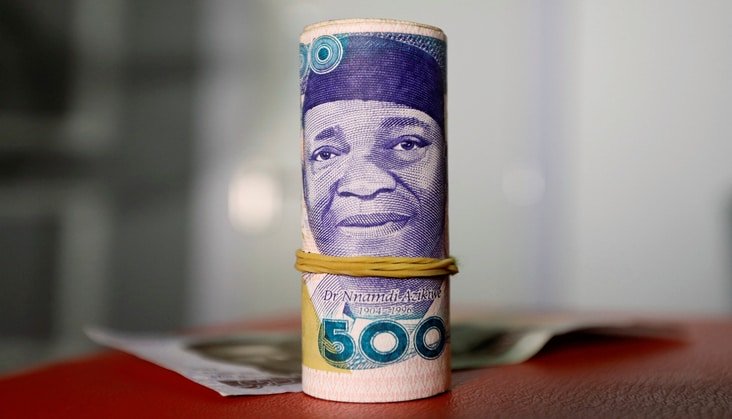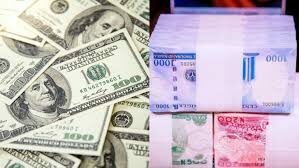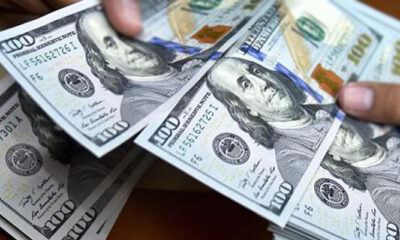Headlines
Naira Maintains Stability, Gains N43 In One Week Despite Wide Exchange Rate

The Nigerian Naira sustained keeps its ground across major Foreign Exchange Markets in spite of the large margin against key currencies due to persistent scarcity.
Brandnewsday reports that for over one week, Naira appreciates against foreign currency in the parallel market, otherwise known as the black market.
The Nigeria currency is exchanged at N467 to a US Dollar in the Black Market.
Of course, the Naira has gained N43 since its exchanged N500 to $1. this is coming after the Central Bank of Nigeria (CBN) devalued the currency in November, for the third time in 2020.
Moving forward, businesses using the British Pound as a means of transactions exchange 1GBP at N625 to a Naira while the Euro common currency was trading at N570 to the local currency in the parallel market.
Naira Exchange Rate
In a similar note, the Investors and Exporters Foreign Exchange Window, the Naira is traded at N392.86 to a United States Dollar on Tuesday, showing a 0.18 per cent decline.
Meanwhile, at the CBN licenced operators known as Bureau de Change (BDC) segment, Naira traded at N475 to $1.
What does this mean?
Take home
- The BDC has shown widely nonconformity with the directives of the CBN policy.
- The foreign exchange rate at the bureau de change displayed a worse exchange rate compared to the black market.
- In spite of that, the BDC operators exchange the British Pound and Euro currencies at N626 and N573, respectively.
- However, despite forex scarcity, the Naira continues to increase its exchange capacity against its key counterparts as a result of a drop in demand in the last week.
- Also, it might be linked to the festive holidays, whereby major businesses who operate in the forex have closed for the year.
- Or the reduction in demand of dollar and other key currencies could be traced to the consumer decrease in buying due to the second wave of COVID-19.















